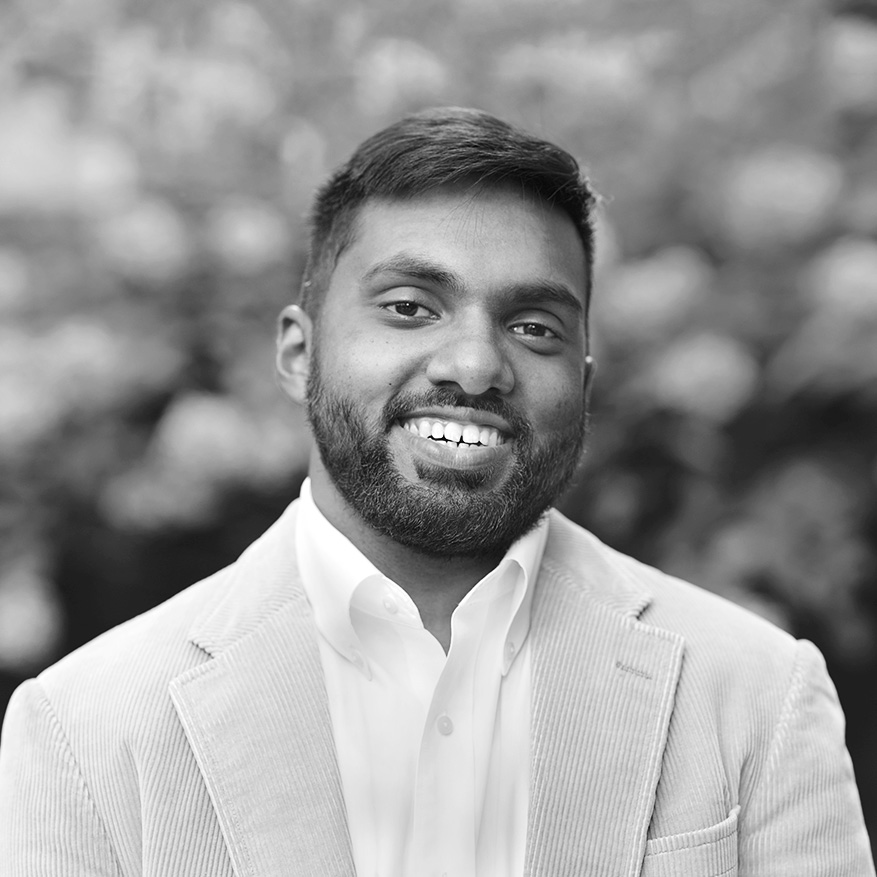Finalist
Arvind Sooknanan
Creating housing, community, and economic opportunity for the most marginalized New Yorkers – beginning with those struggling with severe mental illness

- Year
- 2024
- Sector
- Health
- Borough
- Bronx

As the son of Guyanese immigrants and someone who has struggled with severe mental illness (SMI), Arvind grew up believing that hope was a privilege. After navigating a myriad of sub-par social services, Arvind found Fountain House, a nonprofit organization run for and by people with severe mental illness, and for the first time he felt hopeful. Since joining Fountain House, Arvind successfully obtained supportive housing, graduated college, led a historic and successful political campaign for New York State Assemblymember Jenifer Rajkumar, and led the Indo Caribbean Alliance. Arvind now has a seat on the Board of Directors of Fountain House, where he is helping to pilot a community-supported housing model in the Bronx that is being backed by public officials, community residents, and developers, and is currently working full-time for the Technical Assistance Collaborative, helping redesign social services across the country. His mission is to reimagine community support for New Yorkers living with SMI at scale to build pathways toward sustainable housing, wealth and economic opportunity toward independence and recovery.
Arvind thinks a ‘village’ model (akin to what Greenwich Village accomplished for the LGBTQIA+ population, and similar to immigrant-built neighborhoods like Chinatown and Richmond Hill) could be NYC’s next big bet for people with serious mental illness. Arvind envisions this will include a robust network of service providers and could kick start investments to help people in supportive housing build a financial base and, eventually, influence policy change that supports vouchers for people living with severe mental illness so there are pathways for growth and independence. Arvind bets that this model can empower our most marginalized groups (including those with substance use disorder, chronically homeless, and formerly incarcerated) to be catalysts for neighborhood revitalization-- not decay-- in cities across the country. And this movement to redefine social services begins right at home.